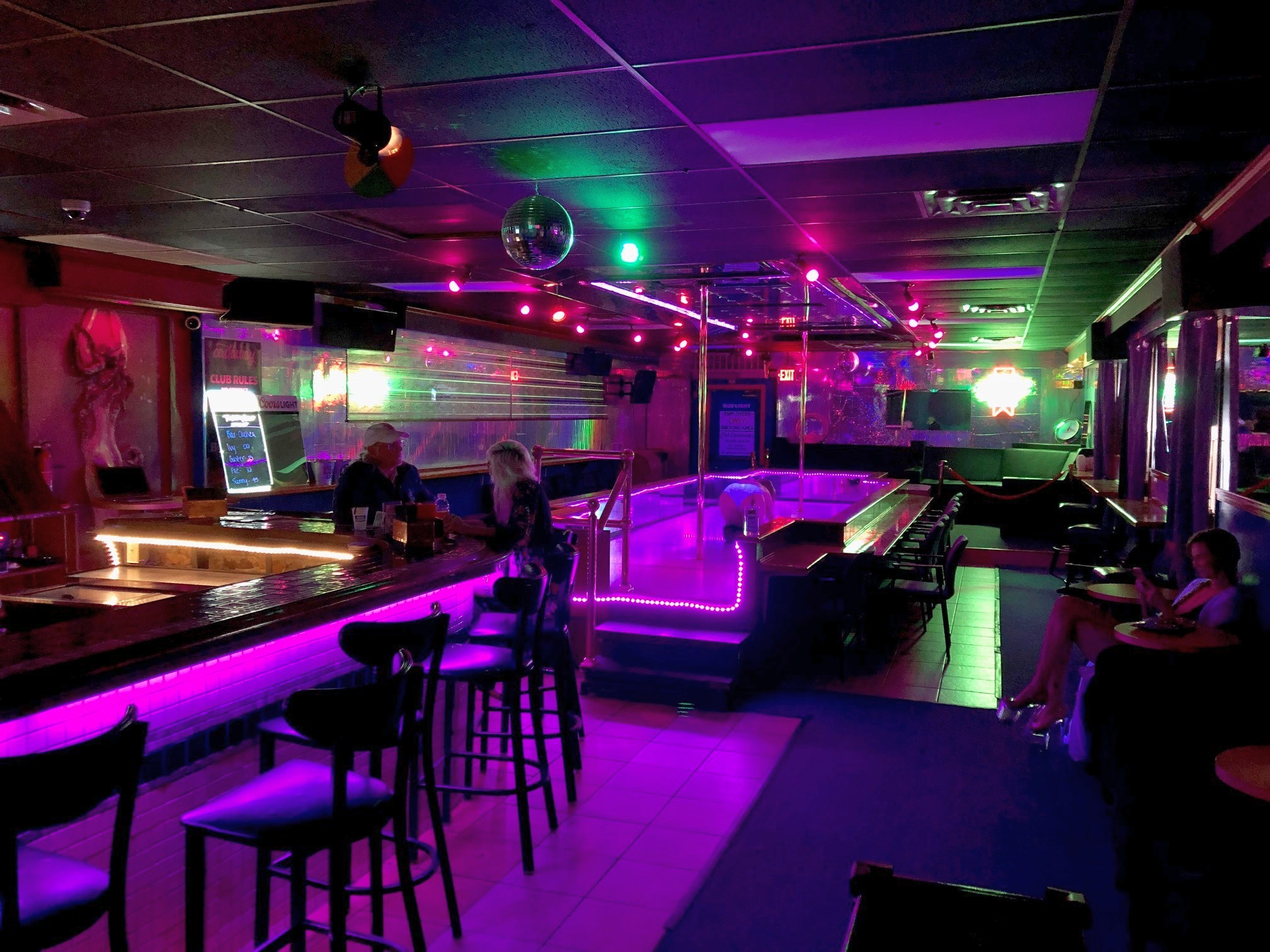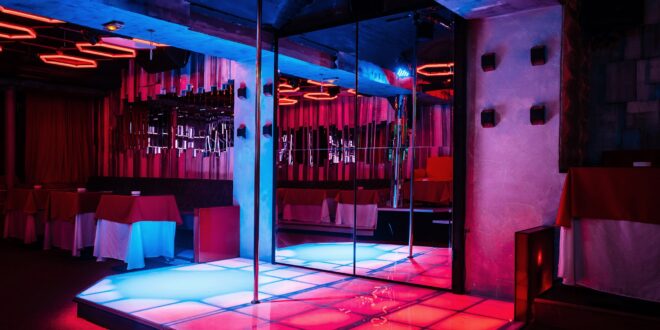Strip clubs have long been a source of entertainment, debates, and legal issues. With the rapid rise in number of such establishments over the past decades, it has become increasingly important to understand how laws and regulations affect them.
This article seeks to provide an overview of the legal landscape that governs strip clubs as we navigate this complex subject matter.
Local Laws and Regulations Governing Strip Clubs

The legal landscape of strip clubs is complex, as different countries and states have their laws and regulations concerning the activity. In many jurisdictions, these laws are used to protect both dancers and patrons from exploitation or abuse.
For example, in some places, there may be restrictions on how much a dancer can touch a patron or the type of clothing that must be worn by dancers while performing.
Additionally, many local governments require establishments that offer lap dances to obtain special permits before they can operate legally.
In addition to specific rules governing the conduct of employees at strip clubs, there are also other regulations related to safety and health standards for customers and staff alike.
These regulations often involve fire safety measures such as sprinklers and emergency exits; sanitation requirements for washrooms; noise levels; lighting; crowd control policies; alcohol consumption limitations; age limits for entry into certain areas within the club; smoking bans in certain parts of the building; drug testing protocols for workers; background checks on performers or managers at venues with live performances.
State Licensing Requirements for Strip Club Ownership
The state licensing requirements for strip club ownership can vary widely from one jurisdiction to another. Depending on the location of the proposed business, potential owners may have to pay a fee and complete an application process before being granted permission to open a club.
In some states, additional permits and licenses may be needed to serve alcohol or operate certain types of entertainment equipment such as pool tables or slot machines.
Furthermore, all businesses are required to adhere to local zoning ordinances that dictate where they can legally locate their establishment.
The Occupational Safety & Health Administration (OSHA) also has regulations that must be followed when it comes to safety at any type of nightclub or bar establishment; these regulations include providing adequate lighting, properly disposing of hazardous materials, and maintaining fire safety standards.
Additionally, there could be other laws governing noise levels and how late the premises can stay open past midnight.
Lastly, depending upon local ordinances in place at the time of opening a strip club business owners may also need approval from neighboring residents if alcohol will be served on-site. This is usually done through public hearings or surveys conducted by city officials before granting final approval for operation.

Other Legal Considerations for Operating a Strip Club
When operating a strip club, there are many legal considerations to take into account. From the licensing of staff and dancers to obtaining the necessary permits, owners and operators need to understand their obligations under local laws and regulations.
Other legal considerations include ensuring that all employees are properly trained on safety protocols, providing adequate security measures such as CCTV cameras or door access control systems, and doing background checks on potential hires.
Furthermore, understanding how state labor laws apply to exotic performers can be essential in avoiding costly lawsuits due to the misclassification of employees.
Lastly, clubs should also consider hiring an experienced attorney who specializes in entertainment law so they can stay up-to-date with any changes in legislation.
Conclusion

The legal landscape of strip clubs can be a tricky one to navigate. Understandably, many people have concerns about the regulations and laws that govern these establishments.
Fortunately, it is possible to find reputable businesses such as Gentlemans Club Phoenix that abide by the codes outlined in each state they operate within.
By doing so they ensure their patron’s safety and provide them with an enjoyable and entertaining experience all while staying on the right side of the law.
 Jewel Beat
Jewel Beat

